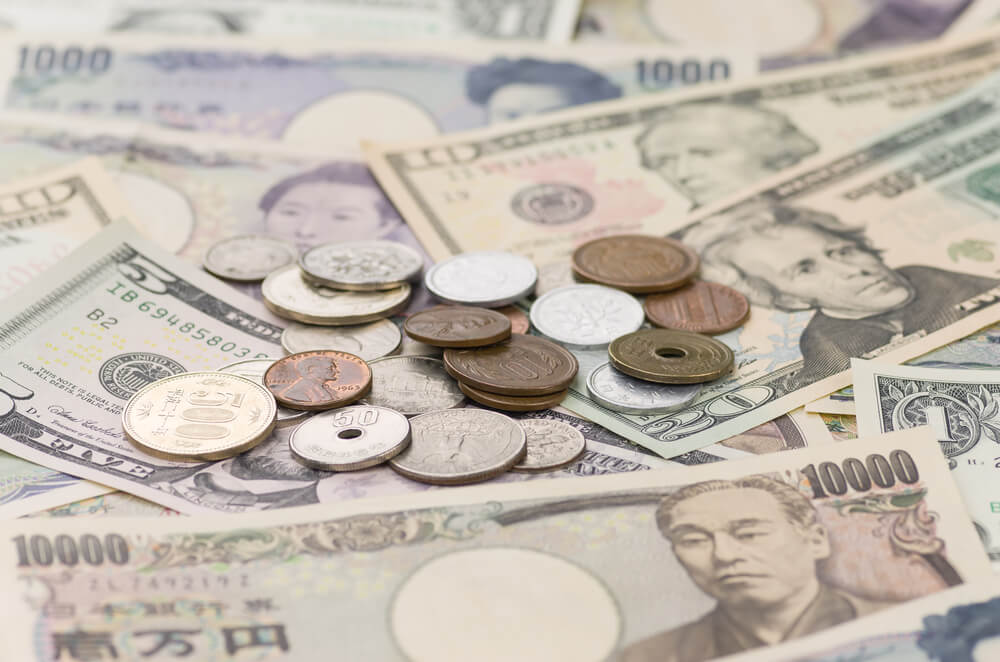On Thursday, the yen to dollar exchange rate bounced higher after investors digested the optimistic speech of Bank of Japan Governor Haruhiko Kuroda.
The safe-haven yen extended 0.05% to $111.47 after it slightly closed lower at $111.41 yesterday.
Accordingly, the central bank expected the country’s consumer inflation to decline, mainly contributed by the recent hike in energy costs.
Moreover, Gov. Kuroda emphasized that the Japanese economy would continuously recover as the impact of the pandemic modestly eased.
In addition, he plans to provide zero-interest funds to financial institutions that address climate change issues.
Meanwhile, the US dollar index declined 0.12% to $94.14 from its Wednesday surge of 0.27% to $94.23.
Then, market participants continue to monitor negotiations regarding the American debt ceiling.
Economists highlighted that the possible government default could end up in a global economic calamity.
Furthermore, they looked forward to the US nonfarm payrolls, where a significant miss on the report would heavily weigh down the greenback.
Subsequently, ADP nonfarm employment change improved to 568,000 jobs from the August number of 340,000.
Also, it came in better than the analysts’ expectation of 428,000 as the United States moderately shifted back to the normal pre-pandemic life.
Then, initial jobless claims will be available later this day. The estimated data weakened to 348,000 from the last figure of $362,000, which should be considered bullish for the USD.
Meanwhile, the CAD currency plummeted 0.13% to $1.26 after it increased 0.05% yesterday.
Consequently, traders looked forward to the Canadian Ivey purchasing managers index (PMI) today.
Furthermore, the risk-sensitive Australian dollar hiked 0.17% to $0.73 as the New Zealand dollar rose 0.16% to $0.69.
Swiss Franc Edged Higher as Yen Climbed
Meanwhile, the Swiss franc modestly edged up 0.02% to $0.93, hiking up from its low of 0.05% yesterday.
Accordingly, Switzerland’s unemployment rate decreased to 2.60% from the prior data of 2.70%.
At the same time, it also dwindled from the 2.80% forecast, contributing to the upturn of the CHF currency.
Then, the euro slightly slashed 0.02% to $1.16 on the downbeat German economic data.
Subsequently, the industrial production dropped to -4.00% from the previous figure of 1.30%.
Moreover, the factory orders posted at -7.70%, lower than the last rate of 4.90%, pulling down the single currency.
Consequently, the Pound sterling inched up 0.07% to $1.36 as the British second-quarter labor productivity improved to 4.30% from 2.20%.
















